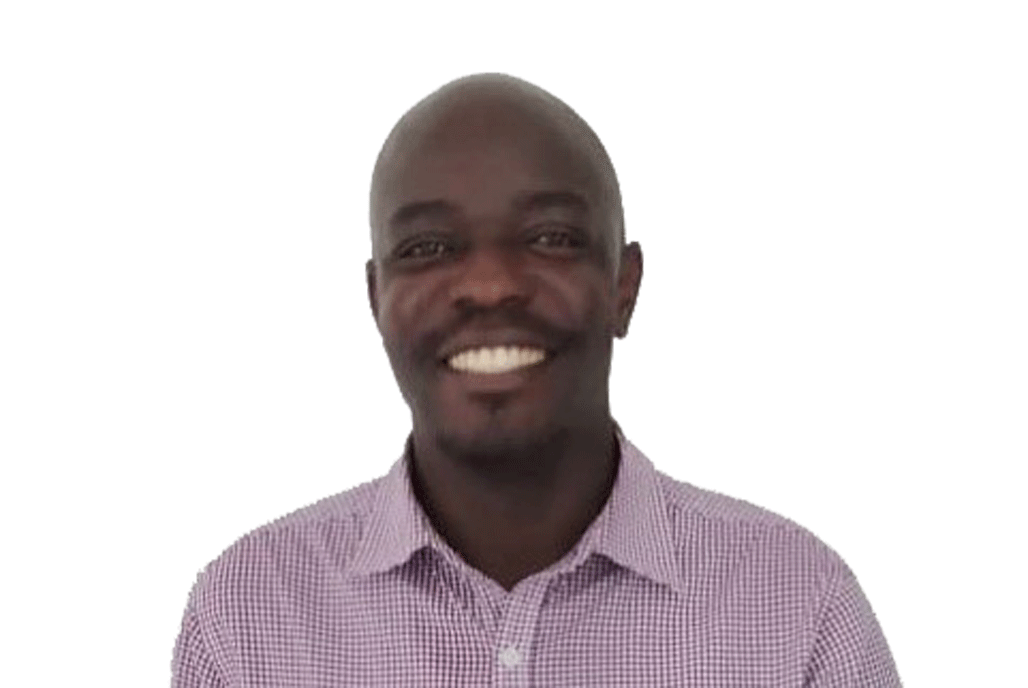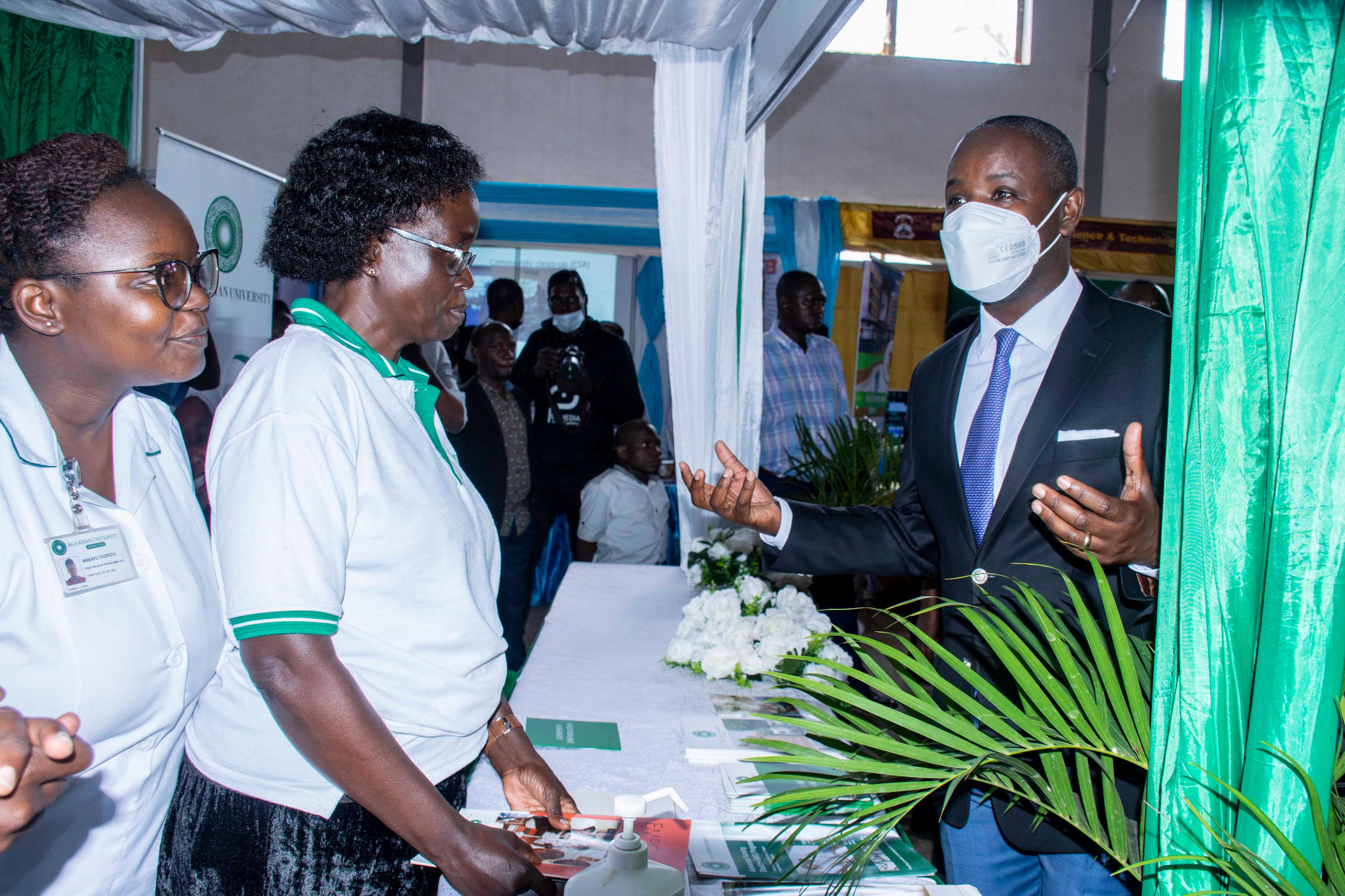Prioritise public schools for govt sponsorships

Author, Emmanuel Angoda. PHOTO/COURTESY
Around this time, each year, schools across Lango Sub-region organise dedication prayers to “dedicate” and “commit” the Primary Leaving Education (PLE), Uganda Certificate of Education (UCE), and Uganda Advanced Certificate of Education (UACE) candidates to God and pray for good, favourable exam results.
However, the government sponsorship list for the academic year 2022/2023 released by Makerere University is quite discouraging for those that will sit for their UACE in northern Uganda this November. This year, Makerere University admitted 1,465 students to 69 study programmes on national merit. Of these, only 29 students were from Lango Sub-region. This alone is not a problem. What is quite annoying is that of the 29, only six students sat for UACE in Lango.
Dr Obote College Boroboro, King James Comprehensive Secondary School, St Mary’s College Aboke, Light Vocational Secondary School all had one student each, while Mentor Secondary School had two students.
The rest of the students did their UACE in other regions, and in elite schools. There was a small improvement though because in 2021, only three students were admitted from Lango Sub-region under national merit.
In Acholi Sub-region, it is the same story. A total of 30 students got admitted under government sponsorship. And just like Lango Sub-region, only six students finished UACE in Acholi Sub-region. Bishop Angelo Negri College had two students. Gulu Central High School, Restore Leadership High School, Palabek Secondary School and Kitgum High School each had one student admitted.
To put this into perspective, the total number of students admitted from Lango and Acholi sub-regions constitute only 1.9 percent, and 2.0 percent, respectively. Therefore, as UACE candidates from northern Uganda prepare for exams, in reality, there’s little hope for them to get admitted under government sponsorship next year..
It is now common knowledge that if you need your child to get admitted on government sponsorship, you are better off taking them to elite schools in Mukono, Wakiso, and Kampala. And the bitter truth is that we have allowed schools in northern Ugandan to continuously underperform, not just in academics, but also in other extra-academic activities.
The way it is right now, both government sponsorship and loan schemes appear to be entrenching inequality in the education sector (rewarding the rich, and punishing the poor) and also doing a disservice to government-aided schools. The government provides a lot of support to government-aided schools to support the Universal Primary Education (UPE) and Universal Secondary Education (USE) programmes respectively.
My opinion is that government should ring-fence government sponsorship to only students who study in government-aided schools from Senior One to Six. This change in policy will improve enrolment and academic performance in government-aided schools (and also capitation grants), and increase public scrutiny and management of those schools.
The current policy of awarding government scholarships based on “national merit”, irrespective of the type of school they are in or socioeconomic status has continued to ensure that students and parents choose elite, expensive private schools over public schools, in order to get top marks. And if left with small student enrolment, these public schools get small UPE/USE grants, and small budgets which further means they fail to breakeven.
My suggestion is simple. Let the Ministry of Education and Sports use the ongoing countrywide Education Management Information System (EMIS) student registration to design a new point-based government sponsorship system that will truly benefit the most deserving- the poor. Points would be given to students based on a wide criterion including public schools attended, socioeconomic status, programmes of study, students’ leadership potential, community engagement, and career ambition.
Mr Emmanuel Angoda is the founder of Triskelion Education and Skills Initiative (TESI), and teacher at Lira Town College




